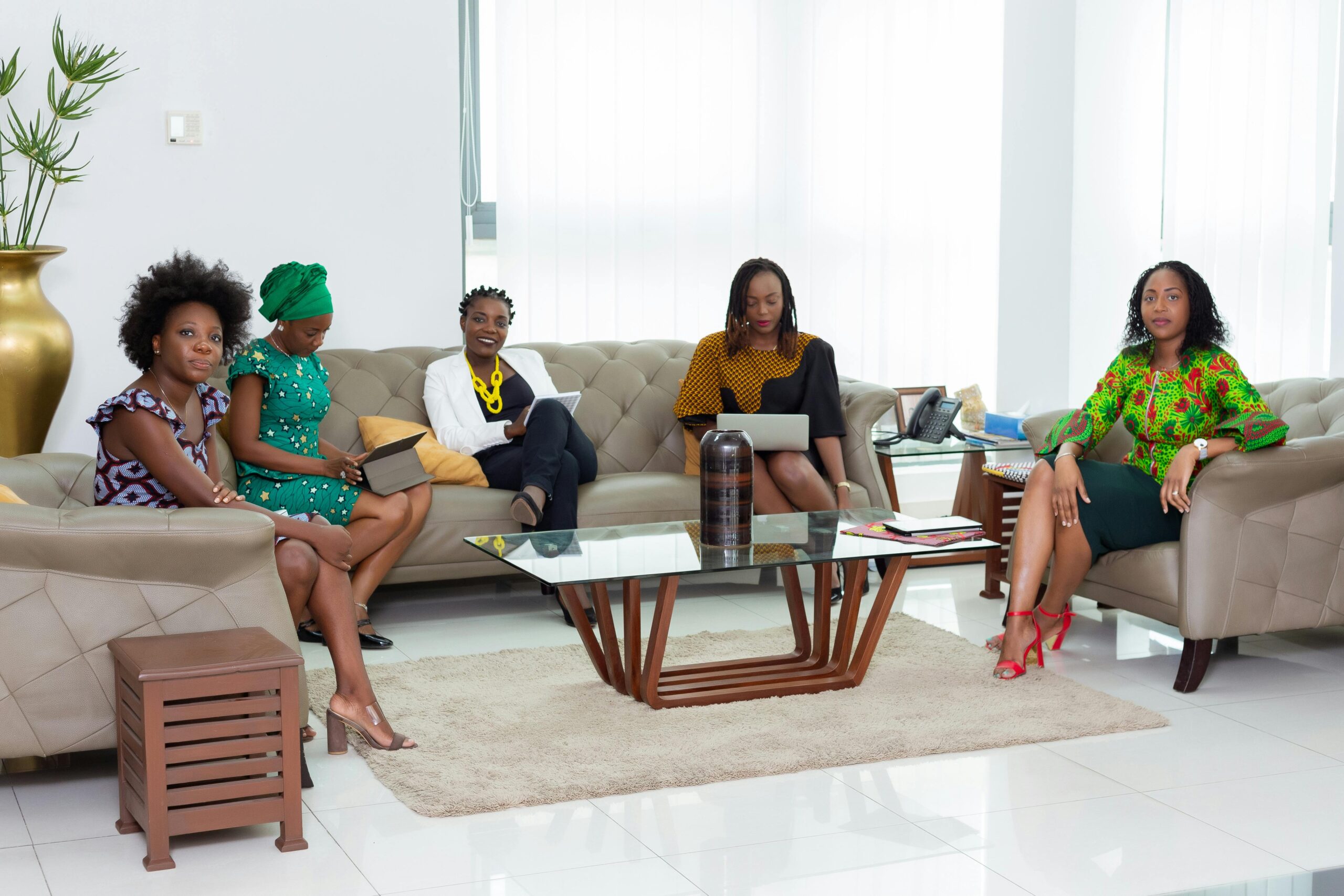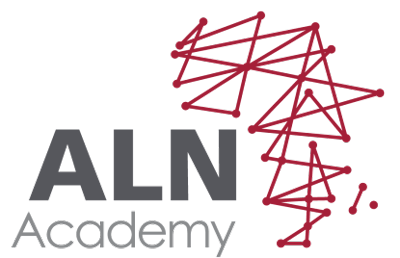Championing Gender Equality: Progress and Challenges in Africa

While we celebrate the progress made both by and for women in Africa, we must also acknowledge the work that still needs to be done.
 At ALN Academy, we understand the profound importance of gender equality and representation in the development of the rule of law and a just society. This is the reason why we champion gender as one of our strategic pillars. Through training, capacity building, and thought leadership, ALN Academy aims to break down the barriers to gender equality on the continent.
At ALN Academy, we understand the profound importance of gender equality and representation in the development of the rule of law and a just society. This is the reason why we champion gender as one of our strategic pillars. Through training, capacity building, and thought leadership, ALN Academy aims to break down the barriers to gender equality on the continent.
Remarkable strides have been made regarding women’s political freedoms and leadership. Five African countries are in the top 20 nations for women’s parliamentary representation. Sub-Saharan countries are increasingly implementing domestic gender reforms.
For example, Côte d’Ivoire and Gabon enacted reforms for the elimination of all restrictions on women’s employment, the introduction of legislation protecting women from gender-based discrimination in financial services and domestic violence, and the mandate for equal remuneration for work of equal value. Regionally, the African Continental Free Trade Area’s forthcoming Protocol on Women and Youth in Trade promises a reconceptualization of regional integration through the promotion of women’s rights, entrepreneurship, labour rights, and equal pay within the context of a broader framework for equitable and inclusive growth.
While we applaud these political and legal aspirations and recognize the rising number of women in the workforce, socialized gender norms continue to pose obstacles for women in society today. The fight for women’s equality takes place on many fronts, not only in the workplace and government offices, but also in homes, communities, and schools. Domestic violence, for example, poses a significant barrier to women’s economic opportunities and reflects the perpetuation of unequal gender power relations in the home and beyond.
The 2021-2023 Afrobarometer survey showed that gender-based violence was ranked as a greater concern for African women than political representation, access to education, and socio-economic opportunities.
Therefore, we must not only measure progress by what is codified in law but also the dynamics that govern our interpersonal relationships.

While the increase of women in the formal workforce would suggest a shift in the burden of unpaid household work, this is far from reality. In addition to taking on demanding professional careers, working women continue to shoulder the majority of household and childcare work. The result is a phenomenon coined the working woman’s “second shift” that begins the moment she returns home from work. This phenomenon that takes place in the private sphere once again reflects how social norms often lag behind legal and political aspirations and reforms. Our work at ALN Academy aims to bring these aspirations closer to reality, and we invite you to join us in our commitment to break down political, economic, and social gender inequalities on the continent.

